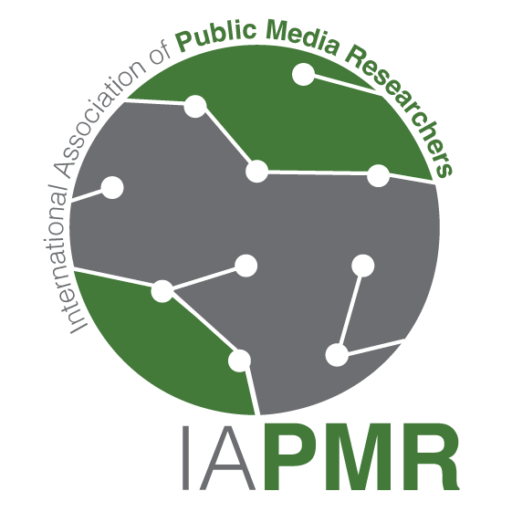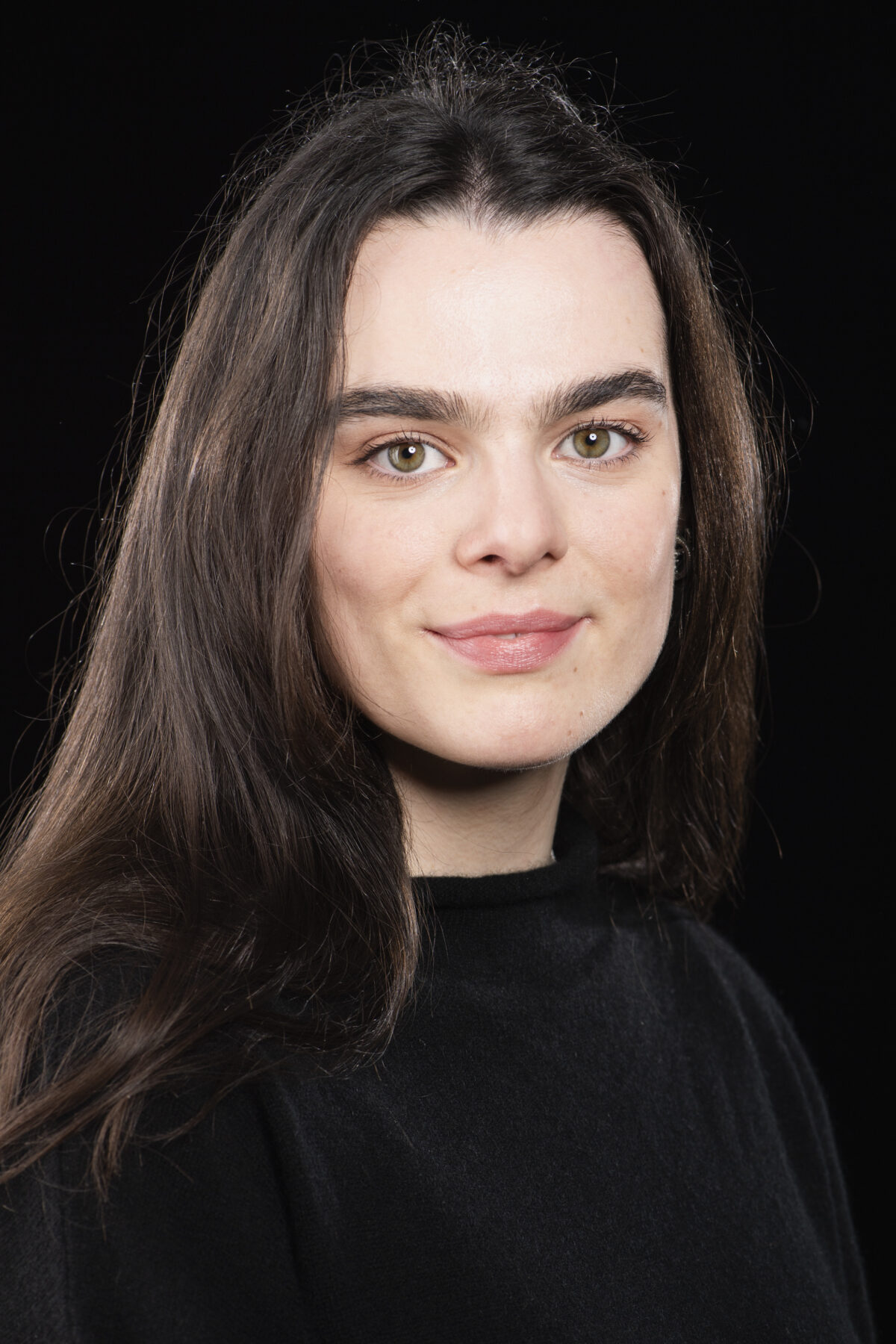Ella Roberts is a Techne-funded doctoral researcher at the University of Westminister, UK. She has just defended her PhD thesis on the BBC’s portrayal of Irish history between 1965-1981, conducting her research in partnership with the Imperial War Museum in London and under the supervision of BBC historian Professor Jean Seaton. Ella holds a BA in History from Bournemouth University and an MA in History from University College London.
Can you tell us about your PhD project?
My PhD examined the BBC’s presentation of Irish history before and during the conflict in Northern Ireland, widely known as the Troubles. I focused on three case studies: a schools radio series and two national television documentaries, broadcast between 1965 and 1981. Drawing on extensive archive material, interviews, and programme analysis, I explored how the Corporation responded to the challenge of narrating a contested past. I argue that, despite initial shortcomings owing to the influence of unionist voices – i.e., those supporting the status of Northern Ireland as part of the United Kingdom – the BBC gradually improved and expanded its coverage of Irish history. Over time, it began to offer audiences valuable historical context for the sectarian division that had marked Northern Ireland since its foundation, and for the violent conflict that erupted in the late 1960s. In doing so, the BBC demonstrated the potential of public service broadcasting to engage meaningfully with complex historical and political questions.
What motivated your research?
I have always been drawn to Irish and Northern Irish history, as my mother grew up in Belfast during the 1970s. At undergraduate and master’s level, I explored British media coverage of the conflict more broadly, which provided the foundation for this doctoral project. The PhD gave me the opportunity to contribute to existing scholarship on the BBC, Irish historiography, Northern Ireland’s education system, and the history of the Troubles. It has been rewarding both intellectually and personally. The roots of the conflict remain poorly understood in Britain, despite their continuing relevance to political debates, particularly around Brexit. My research has allowed me to bring greater attention to this area while reflecting on the responsibilities of public service broadcasting. It highlights the role media can play in fostering a more informed and nuanced public understanding of contentious issues.
During the conflict in Northern Ireland, the BBC faced criticism from all sides, as it does with many issues today. What lessons can be learned from your research in relation to the debate about the impartiality of the BBC?
In the early years of the Troubles, the Corporation pursued strict balance in its coverage of Northern Ireland: every viewpoint mirrored against another, with moderate voices preferred. While well-intentioned, this often narrowed debate and failed to fully expose extreme positions. In the 1970s, the BBC’s approach evolved. Instead of seeking balance within each broadcast, impartiality was pursued across a sequence of programmes, each exploring one perspective or theme in more depth. This distinction between balance and impartiality proved constructive, enabling a fuller exploration of contested issues while still ensuring a range of voices overall. Today, such an approach is harder to sustain in a far more competitive and fragmented digital environment, where audiences are inconsistent and single programmes are more easily judged in isolation. The BBC has long been subject to political pressure and claims of bias, but its first duty is to the public: to provide informed, comprehensive coverage. Its strength lies in the confidence to uphold that duty, and in never wavering from its essential role as a public service broadcaster.
Which challenges did you face in conducting your research?
A central challenge was archival access. Much of my work relied on material from the BBC’s Written Archive Centre in Caversham and the record centre at BBC Northern Ireland. Locating relevant documents required lengthy trial and error, and in one case a production file had been destroyed. The absence of a full catalogue or formal vetting process for the BBC material in Belfast also meant that some documents could not be retrieved. Beyond institutional archives, I was fortunate to gain access to late journalist Robert Kee’s personal papers, with the cooperation of his family, though these remain unarchived. Kee wrote and presented the BBC documentary series Ireland: A Television History aired in 1980-81. I also conducted interviews with individuals involved in the productions, which helped bring the material to life and revealed the personalities and motivations of the producers. These obstacles underline the fragmentary nature of historical research. It was a difficult yet ultimately gratifying process to piece together a coherent argument from these varying and incomplete sources.
Is there any (emerging or senior) scholar that has particularly impacted your work in any way? Who and why?
My research builds on the work of Robert J. Savage, whose studies have revealed the sustained political pressure the BBC faced over its coverage of the conflict, and the threats this posed to the Corporation’s editorial independence. His analysis provided a framework for my own research, and it was a privilege to have him as an examiner. My supervisor, Jean Seaton, also had a defining influence. Her scholarship on the BBC’s role in British society helped me situate my findings within a broader narrative about the Corporation’s responsibilities and challenges, while her constant encouragement and enthusiasm reminded me of the wider value of my work. I am equally indebted to my secondary supervisor, Aasiya Lodhi, whose insight and guidance were invaluable throughout. Together, their support shaped the direction of the project and gave me the confidence to articulate my research with conviction.

